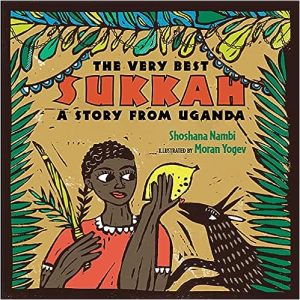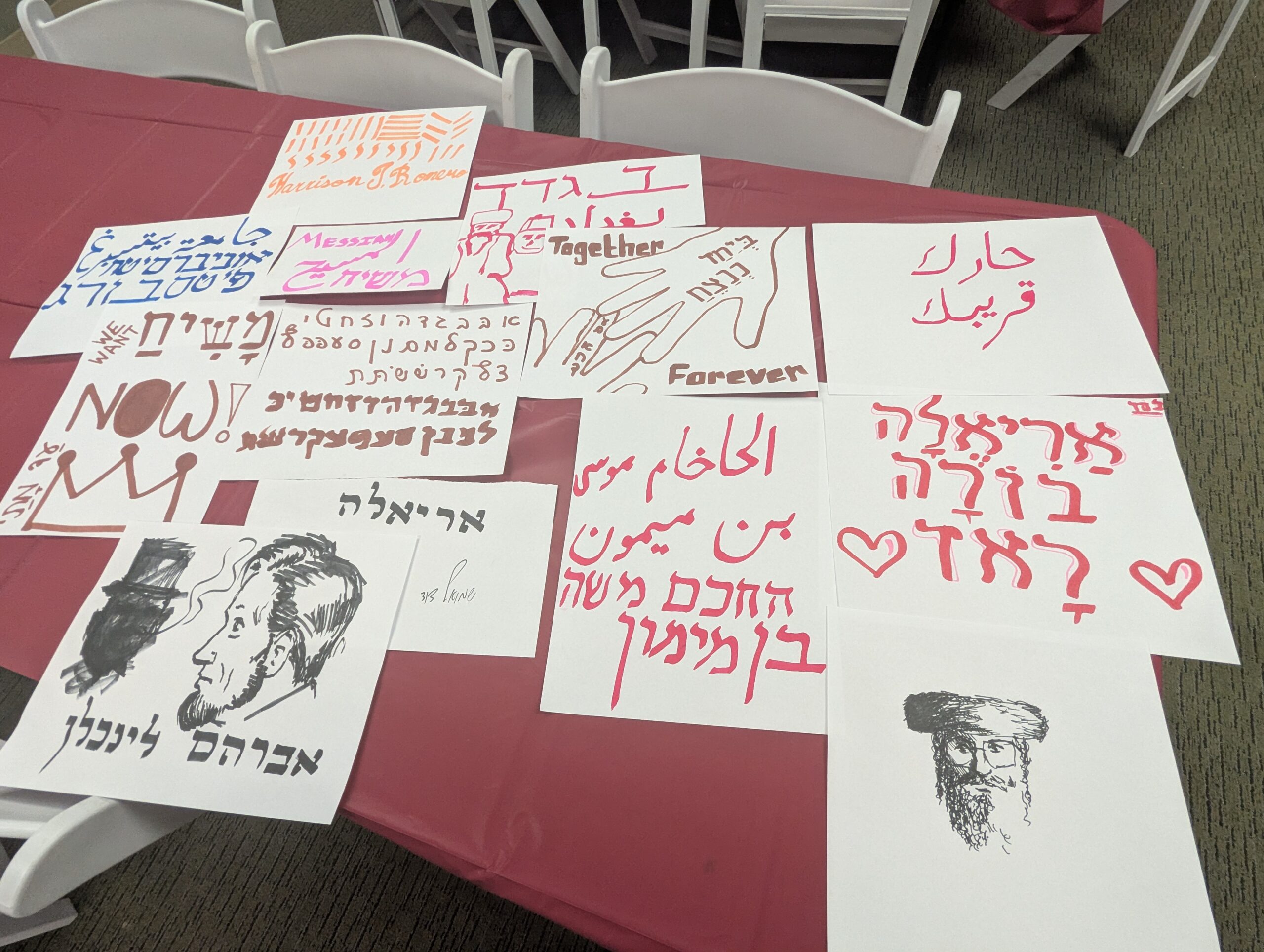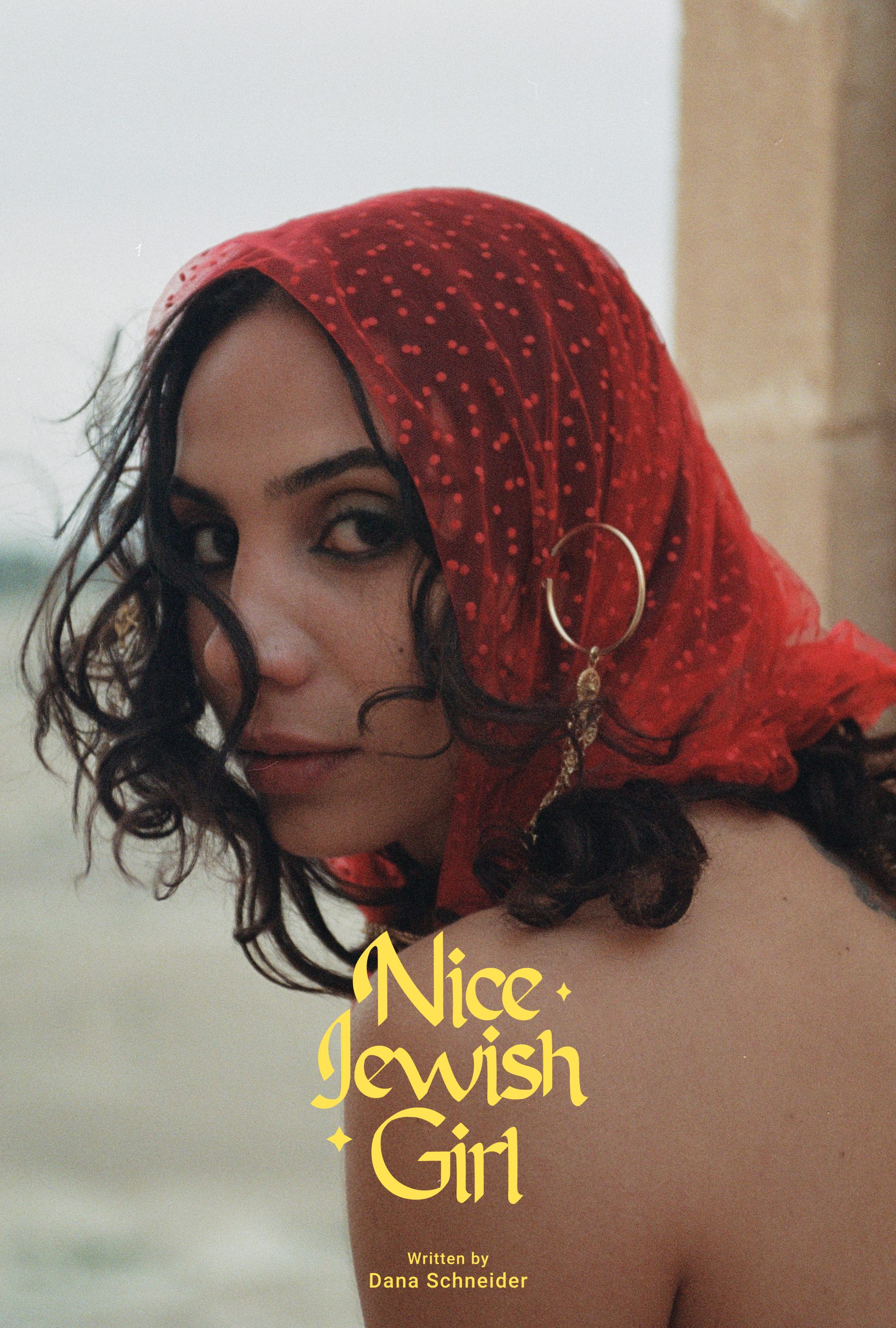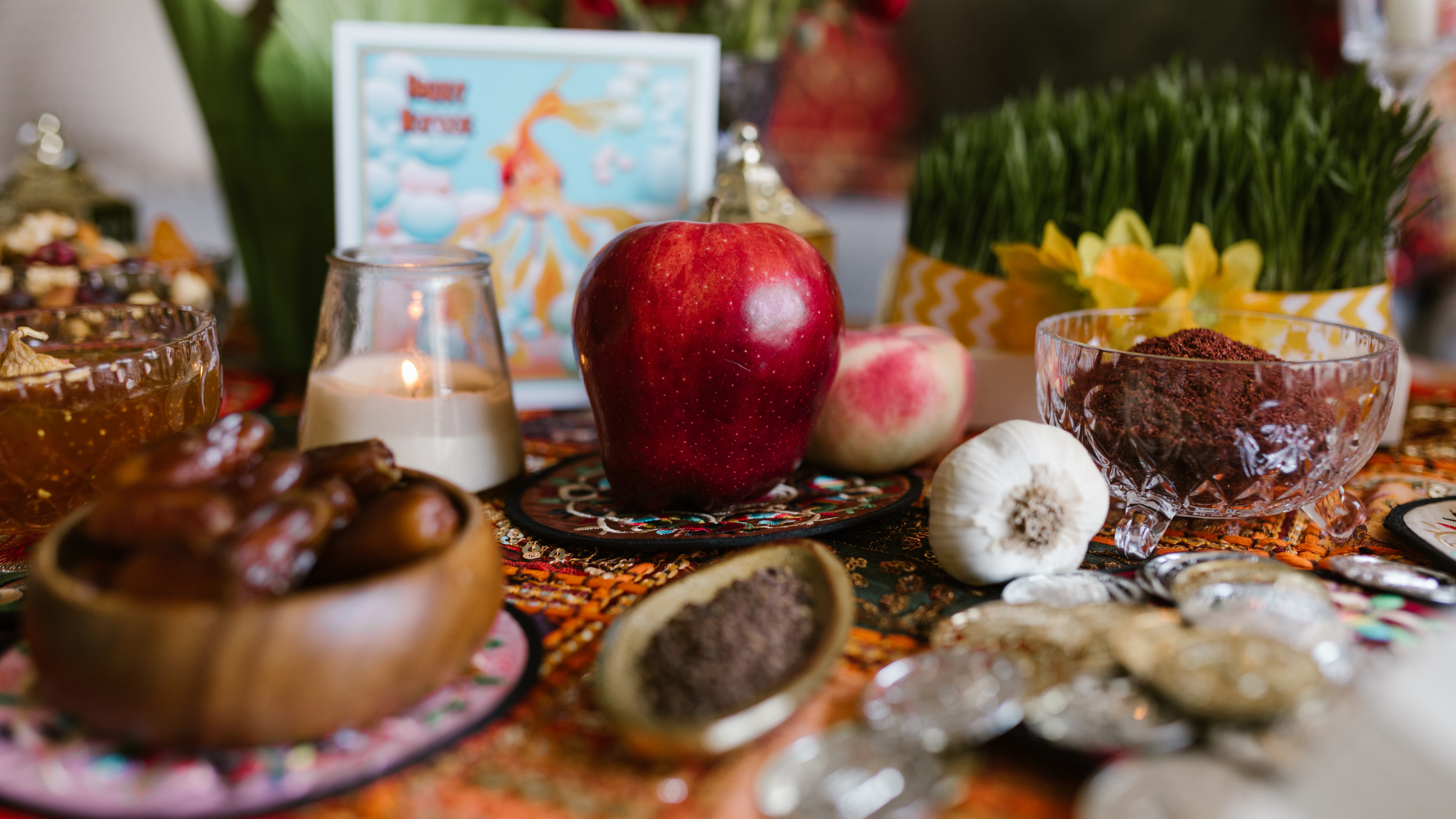Photo credit: Isaac Wamani
Rabbi Shoshana Nambi is the Assistant Rabbi at Congregation Beth Am in Los Altos Hills, CA. A native of Eastern Uganda, she grew up in Uganda’s Abayudaya Jewish community. Rabbi Nambi is the author of The Very Best Sukkah, about the Jewish holiday of Sukkot and the joyful way it is celebrated in her community. Her story continues on in the upcoming edition of the HYPHEN comic series, celebrating Jewish diversity.
Learn more about the history of the Abayuda in Uganda and Rabbi Nambi’s upbringing in the community in Part 2 of her story, coming soon.
BL: Rabbi Nambi, tell us about your childhood and where you grew up.
RSN: I was born in Kenya, and I grew up in Mbale, Uganda. My parents were workers in Kenya while my two brothers and I grew up with my grandparents on a farm in Eastern Uganda. I grew up with goats and growing crops like maize, beans, everything for food. My grandparents grew coffee that we would then sell. I would walk a kilometer or two back and forth from school, and we lived about a five minute walk from the synagogue, so I was always able to feel close to my community.
BL: How would you describe Uganda?
RSN: Uganda is very beautiful. Where I lived, we could see the slopes of the beautiful mountain, Elgon. It used to be a volcano, but it has been dead for thousands of years.
One of the things that I love about Uganda is how it is known as the source of the Nile River. When you’re crossing from the capital of Kampala, it is in the middle. And The Nile embodies this essence of Uganda as a very hospitable and welcoming country.
This is fitting, because one of the things that Uganda is famous for is that it hosts a lot of refugees and asylum seekers. Right now we have about 1 million refugees and asylum seekers from all around from Sudan and Rwanda who, before or during the genocide of their people become Ugandans. We have a lot of people from South Sudan, Sudan, and Somalia and in Congo. Uganda is a country that welcomes refugees.
BL: What made you want to become a rabbi?
RSN: I think it’s the idea of being around the Jewish community and my love for Jewish texts, Torah, and prayer. Growing up, I loved being part of the Jewish community, going to synagogue, and teaching kids songs and Torah portions. I loved watching my grandparents be so excited and happy to be part of the community. They gave me such a positive outlook on what it means to be part of a community.
As an adult, I went to university, studied Business Administration, worked a little bit in agriculture, and briefly at the hospital and Tobin Health Center. My decision to become a rabbi was solidified when I worked at a URJ summer camp in Atlanta. At camp I got to meet different Jewish leaders, rabbis and educators who shared their experiences.
BL: After making the decision to become a rabbi, what was the process of attending rabbinical school like for you?
RSN:
Before starting rabbinical school, I attended Pardes Institute of Jewish Studies in Jerusalem and learned Hebrew. The community in Jerusalem was lovely. It’s a place where everybody is from different places. There were times when someone would think I was a tourist, or Ethiopian, and I would explain that I was Jewish and from Uganda. But I always had very nice interactions. I loved being there.
I then went on to Hebrew Union College in New York, where I just recently graduated.
BL: After studying for so long, how did it feel to graduate?
RSN: Graduating was such an amazing moment. The ceremony was beautiful and personal. I had so many friends and family who came in from Chicago, Seattle, Uganda, LA. It was an affirmation and feeling that the institutions and people trust you now. They are affirming that you can be a Jewish leader in this world.
I celebrated afterward with Ethiopian Kosher food and Ugandan music, and people were dancing and eating. I was so lovely. After celebrating in New York, I went back to Uganda, and got to celebrate with my Jewish community there as well.
BL: What is it like to now be a rabbi, particularly in the moment that we are living in now?
RSN: It has been a hard year for everybody, with everything going on. But I think, in a way, these are the times that being a rabbi is for. Our work is to hold people and make space for them to build and pray together. This is not a good time, but it is the best time to be a rabbi.
It feels good to be in the field and working with people actively. I led my first B’mitzvah, and I’m doing real things in congregations and leading life cycles, Shabbat, teaching Torah. I’m working with wonderful colleagues and learning from people.
I am hoping to bring the joy of my Ugandan Jewish community into my synagogue. I love bringing my melodies. And I decided to go by Rabbi Nambi so that people can hear and know about Ugandan Jews.
 BL: As the author of a children’s book about Sukkot, “The Very Best Sukkah,” what do you love about the holiday? What has been the response to your book?
BL: As the author of a children’s book about Sukkot, “The Very Best Sukkah,” what do you love about the holiday? What has been the response to your book?
RSN: Right now, I love teaching about Sukkot! I love sitting in a Sukkah. I have such joyful memories of Sukkot in Uganda, and I want to create joyful memories for kids.
I was so honored because the book has had a really good response. Putting the story of the Jewish community with the values of working together and kindness has been such an achievement. And for people in Uganda to see themselves represented in a book has been very important.
BL: Be’chol Lashon approached you with another storytelling opportunity and asked you to be a part of the HYPHEN comic book, celebrating Jewish diversity. What was it like having your story turned into a comic?
I was very excited! My daughter reads comic books and I think it is a different, fun, and accessible platform for important Jewish stories, topics, and history. I think this is a great, new, and creative approach to storytelling. I was honored to be included.
BL: We just entered the Jewish new year. What are your hopes for the year ahead?
RSN: I hope for peace in this new year. I hope for understanding. I hope for more learning, and I hope for more joy and celebration.







